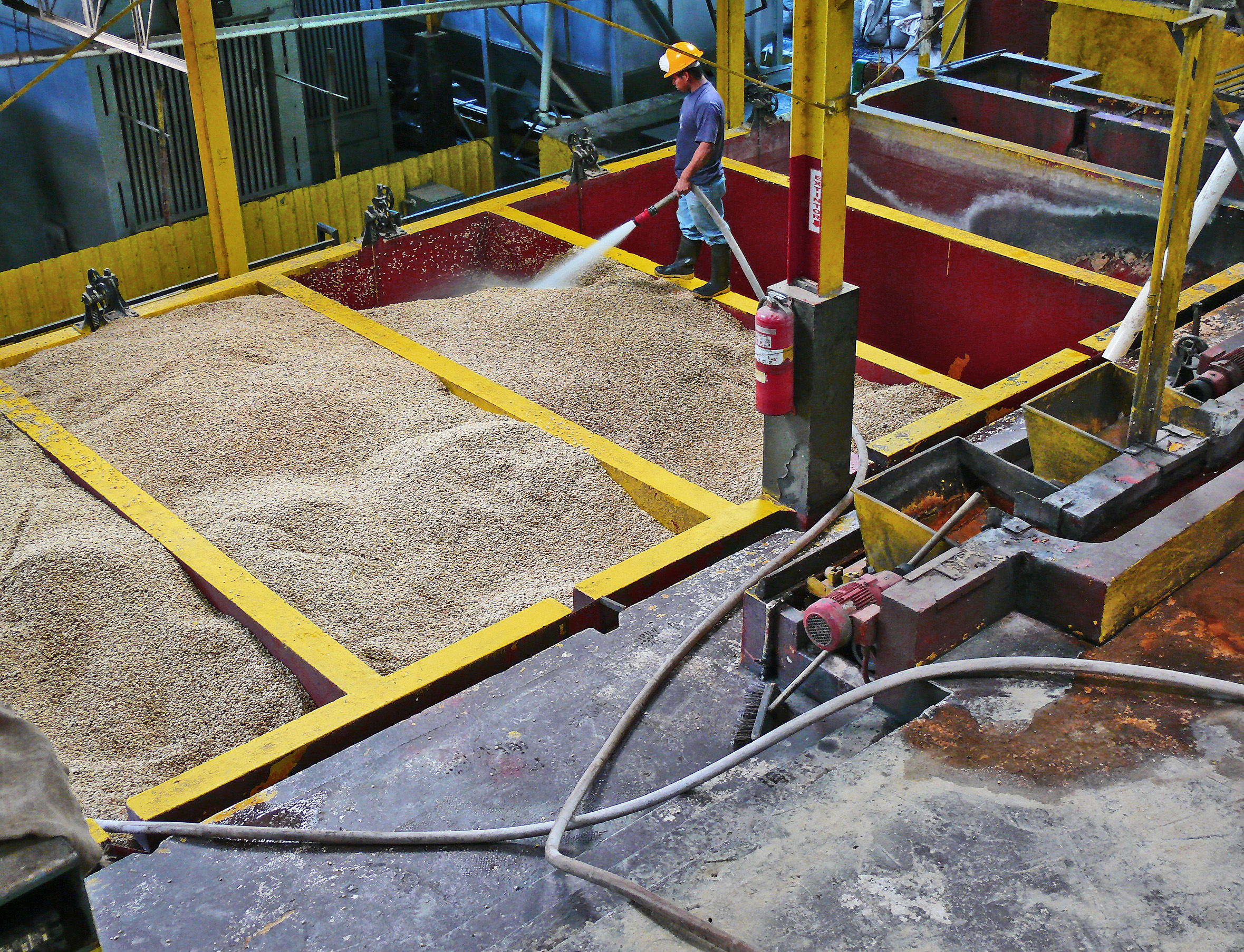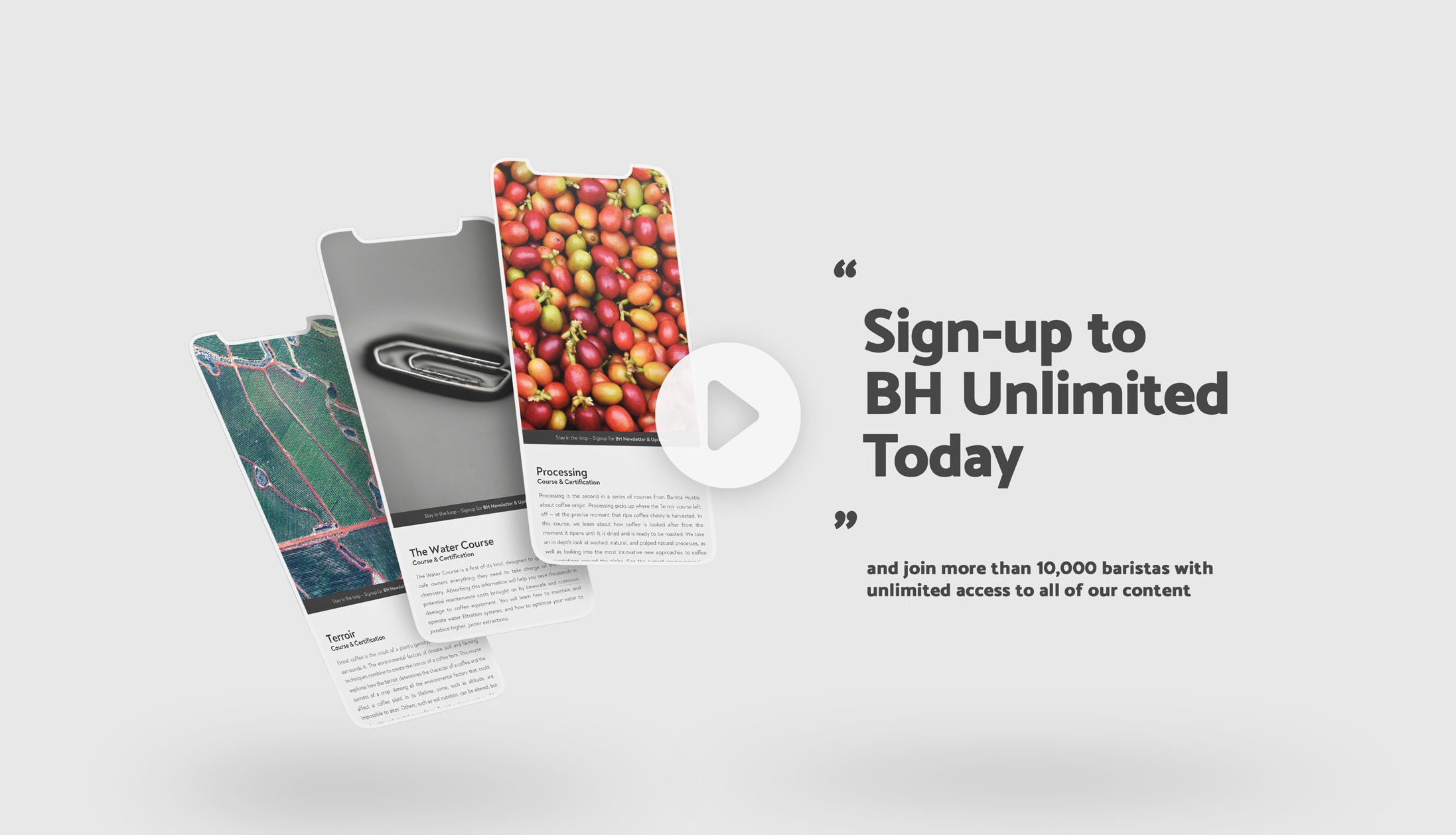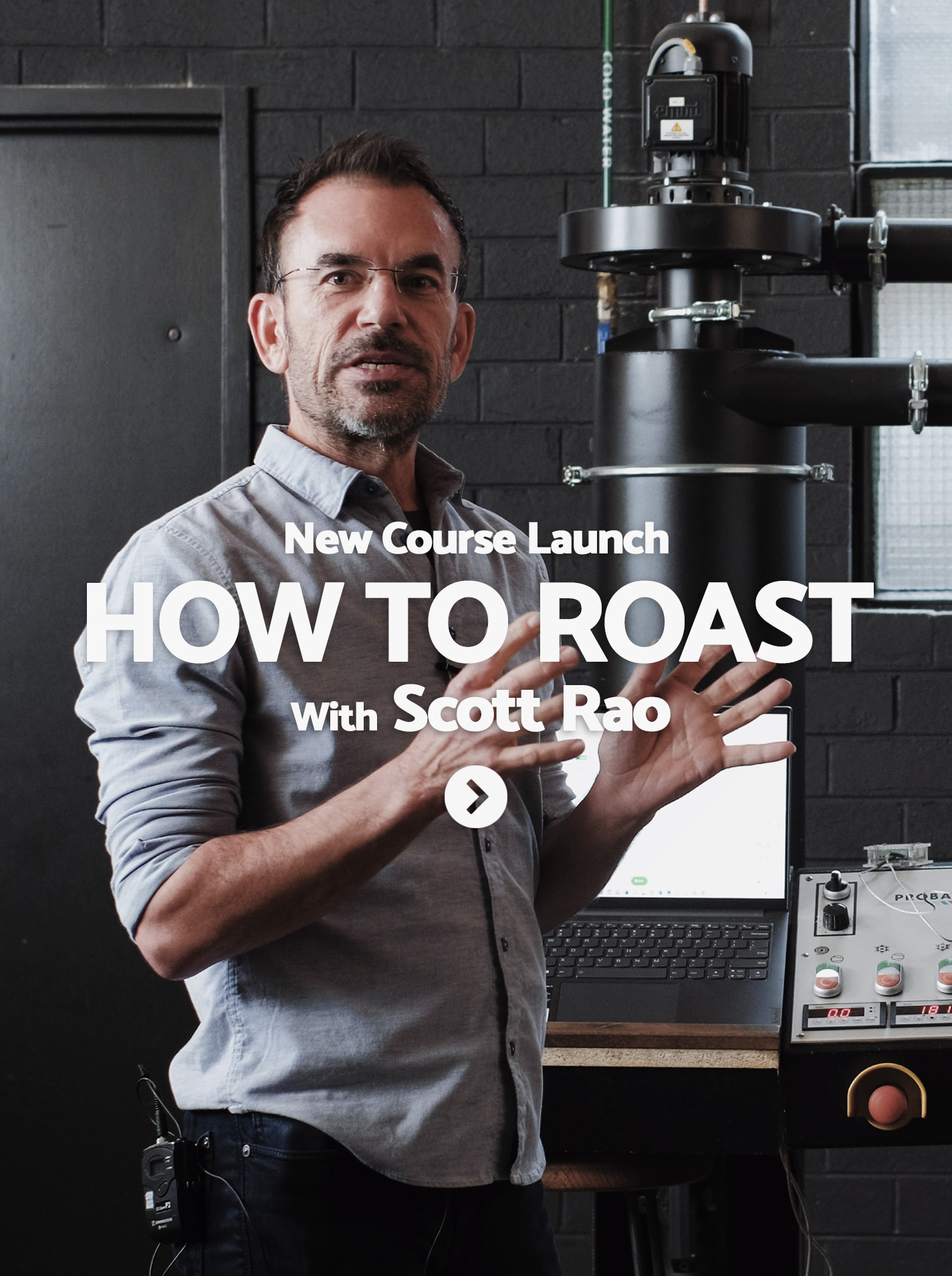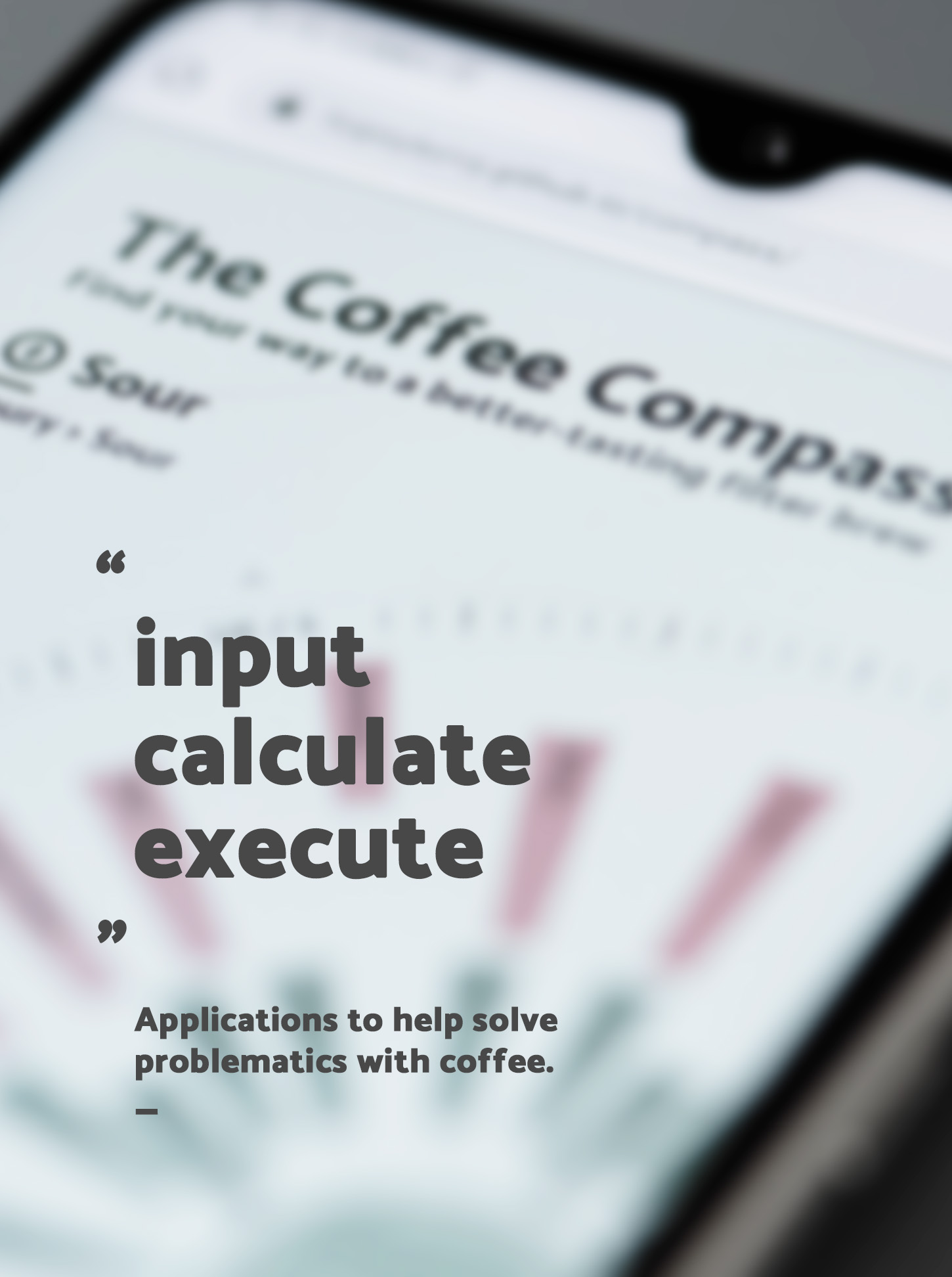The major contribution to the carbon produced at the wet mill is the methane and other greenhouse gases released in the wastewater. In Kenya, where traditional washed processing uses large amounts of water for fermentation, untreated wastewater accounted for 97% of the emissions from processing (JJ Maina et al., 2015). In Costa Rica, Killian et al. (2013) found that emissions from untreated wastewater contributed 79% of the emissions at this stage and 32% of the total emissions of coffee production. Across Central America and Colombia, van Rikxoort et al. (2014) found that emissions from fermentation and wastewater made up 57% of the total carbon footprint of parchment coffee.
Reducing emissions from fermentation therefore represents another avenue to reduce overall emissions from coffee production. Producers can, for example, use fermentation techniques that reduce emissions and water use, or they can capture the methane from fermentation to use as fuel. Producers can also use low-cost techniques such as constructed wetlands to treat wastewater after fermentation (JJ Maina et al., 2015).
However, the most effective way to reduce emissions at this stage is to skip fermentation altogether and use dry processing or mechanical washing instead. ‘The most efficient production system cannot compensate for high emissions during wet processing’, write van Rikxoort et al. ‘Production of coffee with a low-carbon footprint is virtually impossible if traditional wet processing methods are used.’
Other inputs from processing and milling, including the fuel and electricity used at the dry mill and ‘administrative activities’ such as the carbon footprint of sending pre-ship samples out by air, make a relatively small contribution. In the study in Tanzania, the dry mill accounted for just 0.4% of the green coffee’s total carbon footprint (PCF Pilotprojekt Deutschland, 2008).
The Decision Tree
A free online course that takes a critical view on climate impact in the coffee industry
Barista Hustle has commenced work on a free course called The Decision Tree to help baristas and cafe owners make informed decisions about how to operate in a world beset by climate change. We acknowledge that our industry has a history of colonialism, exploitation, and greenwashing. The intention of this course is to put readers in the driver’s seat. With the help of wonderful people like Professor Stephen Abbott (who has produced an app for this course that gives everyone access to the technology you need to run your own life cycle analysis) we hope this course will inspire you to reduce your emissions. From the first lesson, you will discover how baristas can make a gigatonne-difference to cutting carbon. We’re publishing this course in episodes here on our blog and it goes out to our BH Unlimited subscribers with their unlimited updates.





The link (http://sri.jkuat.ac.ke/ojs/index.php/sri/article/view/359) in the article is not working. 🙂
Else a good little summary
Hi Sebastian, thanks for letting us know. I’ve updated that link now.